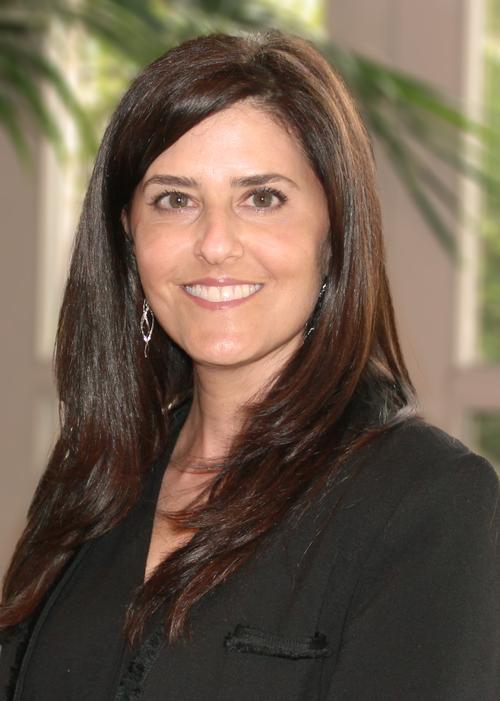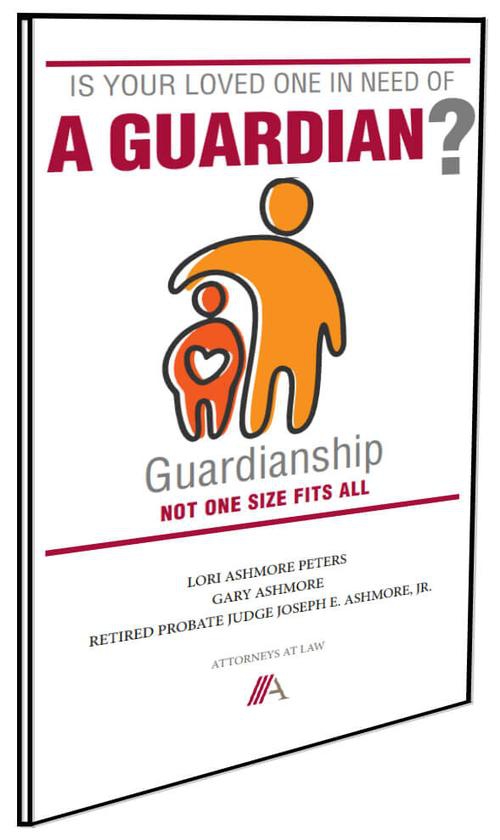.png)
You may be thinking to yourself, "While I appreciate understanding the Mental Illness process, what does that have to do with Guardianships?" It is important to understand the Mental Illness process. It is also important to understand that, because of the laws, there isn't much you can do as a parent, child, or sibling of a loved one who suffers from mental illness.
While you can attempt to get them the needed help using one of the options above, as you can surmise, it does not give you any control as to the length of stay at a psychiatric facility. You also do not get a say over the type of treatment received or medication taken. In addition, with our HIPAA laws, without the proper consent from your loved one, you will not be able to get any information from the hospital. They will not be able to confirm or deny whether your loved one is in the hospital, even though they may be calling you multiple times a day. Furthermore, they cannot share ANY information with you regarding treatment plan, medication, or even when your loved one will be released from the hospital.
This is the moment when a Guardianship may be needed. If you are not able to obtain any information from the psychiatric facility about your loved one, it may become necessary to begin the Guardianship process. It is only through becoming the guardian of the person you have the legal authority to obtain any information from the hospital as it pertains to your loved one. It is only the Guardianship process that can bypass the HIPPA Laws. As guardian of the person, the hospital MUST speak to you about the diagnosis of your loved one as well as the prognosis. In addition, they will discuss with you the discharge plans and aftercare treatment upon your loved one leaving the psychiatric facility. As stated above, without the Guardianship, you will have no way of obtaining this information.
As guardian of the person under the Texas Estates Code, you have the authority to consent to psychiatric medication even if your loved one refuses. Please keep in mind, although the Texas Estates Code gives you this authority, the reality of whether or not the psychiatric facility will allow you to make this decision varies from place to place.
It is always recommended that you speak with a qualified attorney that not only has a complete understanding of the Guardianship process, but also understands the mental illness process. An attorney must not only review each matter on a case by case basis as to whether a Guardianship needs to be obtained in order to better care for a mentally ill loved one, they also must be aware of the different policies and procedures which vary not only court by court but also county by county. What one court or county may allow, the other may not.
Are You Seeking An Experienced Guardianship Lawyer In The Dallas Area?
If you are in need of an experienced guardianship attorney please contact us online or call our Dallas office directly at 214.559.7202. We help clients throughout the Dallas area and look forward to helping you.


